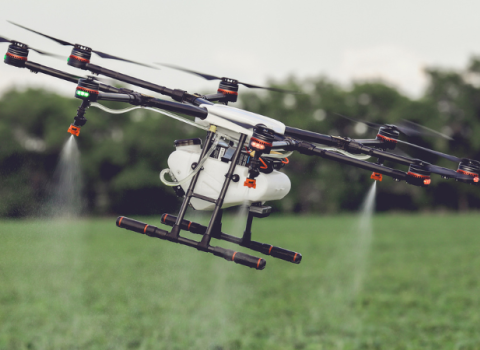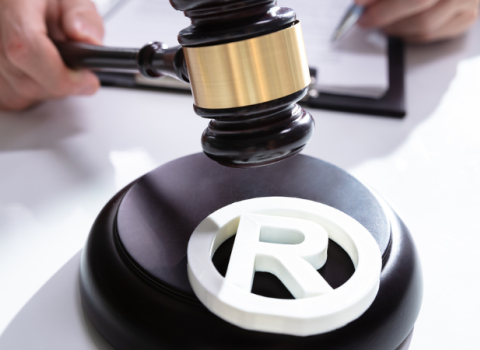In an unexpected change of heart, the US government has reversed its previous and long-held stance that genes can be patented.
A new ruling from the US Department of Justice says that while someone who invents a new and useful application for a gene they have isolated is entitled to seek a patent for that application, the underlying gene itself is not patentable.
If the ruling sticks it will bring the US into line with the position in Europe. However, there are already signs of fierce opposition, with Association of University Technology Managers and the Biotechnology Industry Organization (BIO) filing a joint objection to the ruling last Friday (29 October).
In the filing the two organisations called for the patentability of isolated genes to be maintained, saying the change will undermine investment and discourage future biotechnological innovation. “DNA-based patents are a critical tool that help enable the fundamental research and development of new biotech products, therapies and technologies to fight deadly diseases, expand agricultural production, clean the environment, and reduce our dependence on foreign sources of oil,” the statement says.
“Patentability of isolated DNA molecules is critical to the translation of university research discoveries for the public good,” said Ashley Stevens, AUTM President. “Without this, many promising discoveries would not make their way from the university research lab and into the hands of companies for development of products which improve the public health.”
In contrast to the Department of Justice’s conclusion, BIO and AUTM say that isolating a gene creates a new chemical molecule that does not exist in nature and in addition, “imparts new utilities and functions that are not available from native DNA.”
“Unless reversed, the district court’s ruling will seriously harm the US biotechnology industry, which consists largely of small firms that are engaged in foundational research and dependent on private investment to fund their work,” said BIO President & CEO Jim Greenwood.
“Patent protection is critical for the ability of biotechnology firms to secure the private investment necessary for the research and development of innovative diagnostic, therapeutic, environmental and agricultural products.”
The ruling refers to two of the most famous genes, BRCA1 and BRCA2, which indicate a predisposition to breast cancer. The patents, owned by Myriad Genetics, have been at the centre of long-running litigation in the US and Europe. But the ruling is of far wider significance in the US, where over 2,000 gene patents have been granted.
BIO and AUTM said in their statement that if the Court of Appeals affirms the district court’s categorical rejection gene patent, “It would cast a cloud of uncertainty over thousands of similar patents and compromise the ability of biotechnology firms to pursue groundbreaking discoveries.”
The joint BIO-AUTM amicus brief is available at http://bio.org/ip/amicus/BIO_AUTM_Amicus_Brief_AMP_v_USPTO_2010-1406_FedCir.pdf





 A unique international forum for public research organisations and companies to connect their external engagement with strategic interests around their R&D system.
A unique international forum for public research organisations and companies to connect their external engagement with strategic interests around their R&D system.